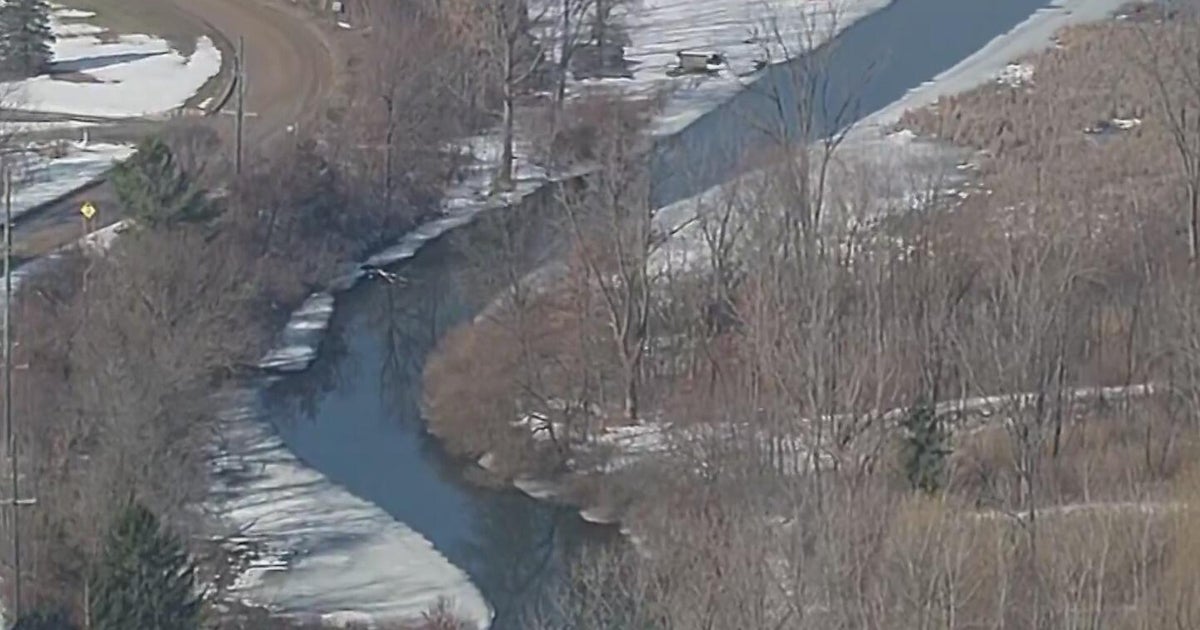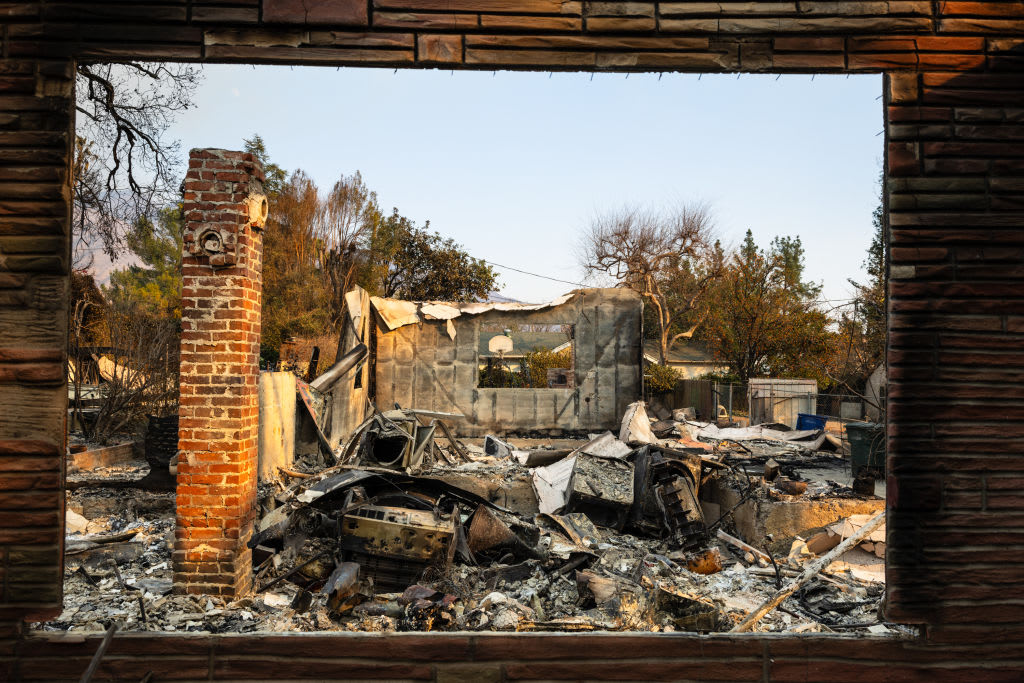G8 Summit: Bush Eyes Good News
President Bush and other world leaders showcased a new harmony on Iraq on Tuesday as they met at their annual summit, but prickly issues remained over both Iraq and Bush's plan to promote democracy across the wider Middle East.
Bush hailed the passage of a new U.N. Security Council resolution on Iraq as "a great victory for the Iraqi people" and thanked President Vladimir Putin for Russia's help in winning the vote.
Putin, who had opposed the U.S.-led war in Iraq, called the U.N. vote "a major step forward."
Despite the vote, Bush lowered expectations of gaining other countries' military support in Iraq — one of the original hopes behind the resolution.
"I expect nations to contribute as they see fit," Bush said as he met with Japanese Prime Minister Junichiro Koizumi on the opening day of the Group of Eight summit.
Of the powerful countries attending the summit on this secluded coastal resort island, only the United States, Britain, Italy and Japan have troops in Iraq. Japan's noncombat troops perform humanitarian missions.
Germany, France, Canada and Russia do not have troops in Iraq, and have said they will not send forces.
A social dinner Tuesday evening marked the formal opening of the summit, but Bush first had one-on-one meetings with Koizumi and the leaders of Canada, Germany and Russia.
Throughout the day, heads of state arrived at an Army airfield near Savannah and were taken by helicopter to Sea Island, a five-mile long private resort island that has been virtually sealed off from the mainland by barricades and fences.
Police and journalists far outnumbered protesters, disappointing activists who said heavy security scared away many others. Protest marches in Brunswick, the nearest coastal city, and Savannah, 80 miles to the north, drew around 100 activists each Tuesday.
The Security Council agreement on Iraq, approved by a 15-0 vote Tuesday, was an important victory for Bush, taking the sting out of recent disagreements with Europe.
British Prime Minister Tony Blair, Bush's key ally in the war, called it "an important milestone." And German Chancellor Gerhard Schroeder, a leading opponent of the war, called it "a good foundation for enhancing stability."
But Bush's proposal to promote democracy across the Muslim world has run into resistance from Arab and European governments that see it as heavy-handed and American interference.
Turkey's prime minister told reporters the plan's success depends on first resolving conflicts in Iraq and between Israel and the Palestinians.
"Solving the Israeli-Palestinian problem is an urgent matter above everything else," Recep Tayyip Erdogan said in Ankara before leaving for the summit.
Anticipating such criticism, American officials said their proposal will include a firm rejection of the idea that the Israeli-Palestinian conflict stalls democratic and human-rights reforms.
Canadian Prime Minister Paul Martin voiced support for Bush's initiative and rejected criticism that it was an attempt to deflect attention from the Israeli-Palestinian crisis. "Everybody wants to ease the tensions in the Middle East," he said.
Martin said Canada has no plans to commit troops to Iraq, but he said the country was providing reconstruction money.
At their meeting, Koizumi told Bush that he had detected a slight warming by North Korea to the idea of giving up its nuclear weapons, according to a senior Bush administration official who briefed several hundred reporters only on condition that his name not be used.
Koizumi recently met with North Korean leader Kim Jong Il, and publicly he expressed optimism about breaking the impasse, though he cited "hard and difficult conditions."
While Iraq and the Middle East overshadowed this year's agenda, summit participants on Tuesday announced agreement on fighting famine on the Horn of Africa, eradicating polio, cutting poverty and developing an HIV vaccine.
And Schroeder said as he arrived in the United States that he expected high oil prices would be another issue at the summit. The prices aren't yet a threat to growth in his country's struggling economy, he said — but added that both Western governments and OPEC have an interest in seeing them come down.
He did not elaborate on how it would be discussed or if any action could be expected.
Three recent developments on Iraq helped to defuse the controversy among allies: the forming of an interim government, last week's fence-mending trip by Bush to Europe, and the revised U.N. resolution defining the new Iraqi government's power.
Bush has invited a group of Middle Eastern leaders to Wednesday's session — including the new Iraqi president, Ghazi al-Yawer.
In Washington before heading south to the summit, al-Yawer brushed off any suggestion that there might be disagreement between U.S. and Iraqi commanders after the June 30 handover of political power. "We are working together," al-Yawer told reporters. "These people are in our country to help us."



